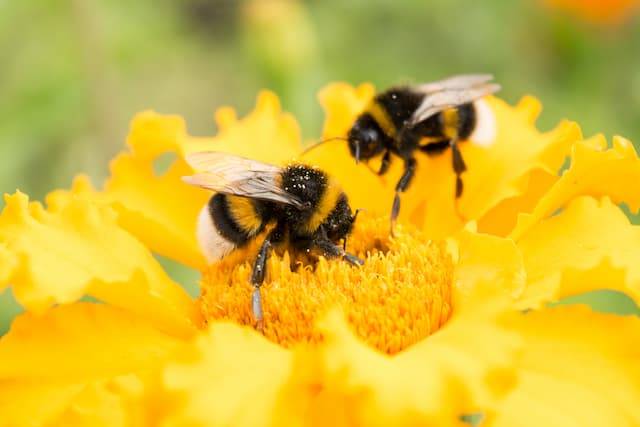People often think of painful wasp bites, messing up backyard picnics, and being generally annoyed when they think of wasps. But, even though they have a bad name, wasps are very important to the world. This piece will talk about the benefits of wasps and how they affect the ecosystem that aren’t always given enough credit.
- Pollinators: Wasps and bees both help spread pollen, though bees are better known for this job. Wasps are important to many blooming plants because they spread pollen. The wasps and the plants both gain from this relationship, which is called mutualism. For example, some orchids can’t grow without a certain type of wasp to pollinate them.
- Natural Pest Control: One of the most important things that wasps do for the environment is to get rid of pests naturally. Different kinds of wasps eat other insects, which helps get rid of pests in gardens and crops. Parasitoid wasps, for instance, lay their eggs inside the bodies of caterpillars, aphids, and other bugs that hurt plants. As the wasp larvae get bigger, they eat the host bug from the inside out, killing it in the end. Keeping these insects from eating plants helps protect food and keep the environment in balance.
- Decomposers: Some types of wasps, like paper wasps and yellow jackets, help things break down. These animals look for dead bugs and other organic matter to eat. They help break down things that are breaking down and return nutrients to the environment.
- Ecological Interactions: Wasps are an important part of the food web because they are eaten by many animals, including birds, snakes, and other insects. If there weren’t wasps, the number of animals that eat them might change. Losing one species in an ecosystem can cause problems that aren’t meant to happen, like imbalances and unintended outcomes.
- Indicator Species: The health of an area’s environment can be judged by the number or absence of certain wasp species. They are bioindicators, which means that the number of them in an area can show how healthy the environment is generally. So, studying wasps can help us figure out what happens when temperature changes and habitats are changed
- Keeping bug populations in check: Wasps are selective predators that eat different kinds of insects depending on what’s available and what they like. This helps keep an ecosystem from being overrun by a single species of insect, which could happen if their number grew without being controlled.
- Controlling illnesses: Wasps can sometimes help get rid of illnesses that hurt plants. Plant diseases are spread by insects that they eat, so they indirectly stop the illnesses from spreading.
Even with these benefits, it’s important to remember that not all wasp types are good. Some can be pests that cause problems in gardens, homes, and at picnics. Wasps that cause problems are often in the Vespidae family, which also has yellow jackets and hornets. But it’s important to tell the difference between species that are good and species that are bad.
In conclusion, wasps are good for the climate, even though they are often seen negatively. They help keep the ecosystem balanced by pollinating plants, killing pests naturally, breaking down dead matter, and decomposing. As indicator species and because they can control the number of certain insects, they are also very important for keeping environments healthy. Even though some wasps can be bothersome to people, it’s important to understand their role in the ecosystem and accept their right to live peacefully with us.
Wasp Control Newmarket, We understand that wasps serve a vital role in our ecosystem as beneficial and visually striking insects. They contribute to pollination, control pests, and typically carry out their tasks without causing disruptions to humans.
